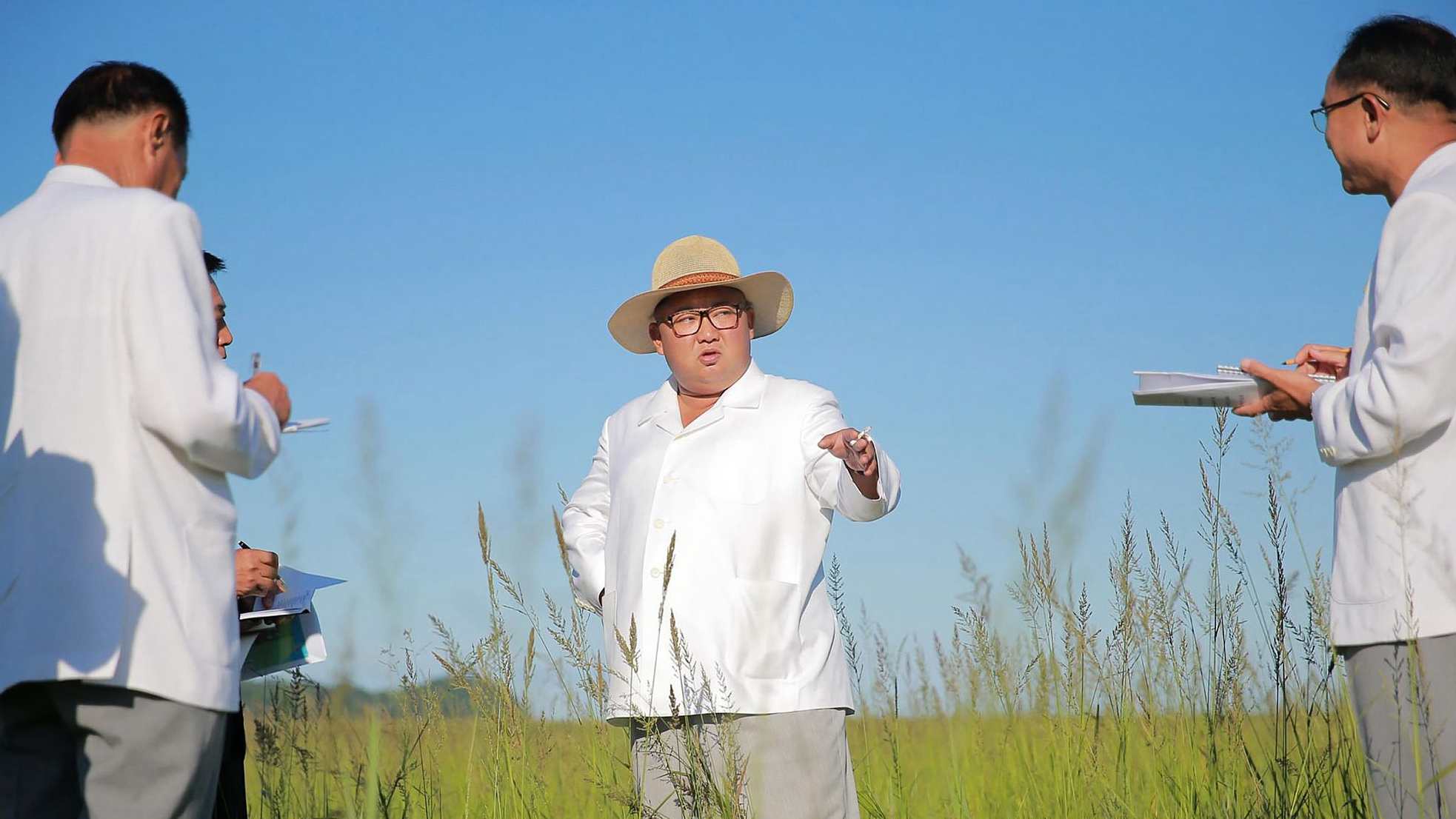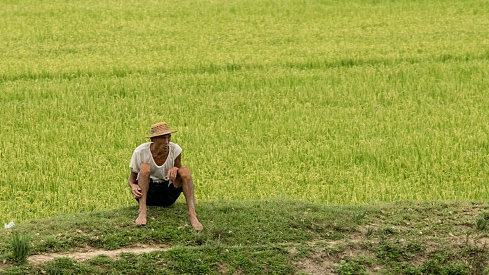
Politics
18:21, 27-Dec-2018
DPRK high official admits farming failures amid food shortages
Updated
17:55, 30-Dec-2018
CGTN

The Democratic People's Republic of Korea (DPRK) has acknowledged "drawbacks" in its agricultural sector this year, echoing UN reports of declining crop yields in a country that remains heavily reliant on food imports and aid.
Agricultural production is chronically poor in the DPRK, which has periodically been hit by famine, with hundreds of thousands dying — some estimates say millions — in the mid-1990s.
Premier of the government cabinet, Pak Pong Ju, referred to "drawbacks made by some farms and units in the past" at the 4th National Meeting of Activists in Agricultural Field that took place in Pyongyang this week, state media said on Thursday.
"He said that they failed to conduct seed production and management in a responsible way and also fell short of doing proper strain distribution," Pak was quoted as saying by the Korean Central News Agency (KCNA) in an English-language report.
He "underscored the need to attain the goal of grain production" set out in a five-year development plan that wraps up in 2020.

A farmer from the DPRK sits in the field./VCG Photo
A farmer from the DPRK sits in the field./VCG Photo
The UN's Food and Agriculture Organization (FAO) said this month that the DPRK would need to import 641,000 tonnes of food in the coming year. The figure is up from 456,000 tonnes this year when it bought 390,000 tonnes and received 66,000 tonnes in food aid.
There was a widespread lack of access to food in the DPRK, it said. The DPRK was one of 40 countries — 31 of them in Africa — identified by the FAO as in need of external assistance for food. UN agencies estimate that 10.3 million people in the DPRK need humanitarian assistance.
David Beasley, the head of the UN's World Food Program, said in May that there was undoubtedly a hunger problem in the DPRK but it was not on the scale of the 1990s famine.
Source(s): AFP

SITEMAP
Copyright © 2018 CGTN. Beijing ICP prepared NO.16065310-3
Copyright © 2018 CGTN. Beijing ICP prepared NO.16065310-3